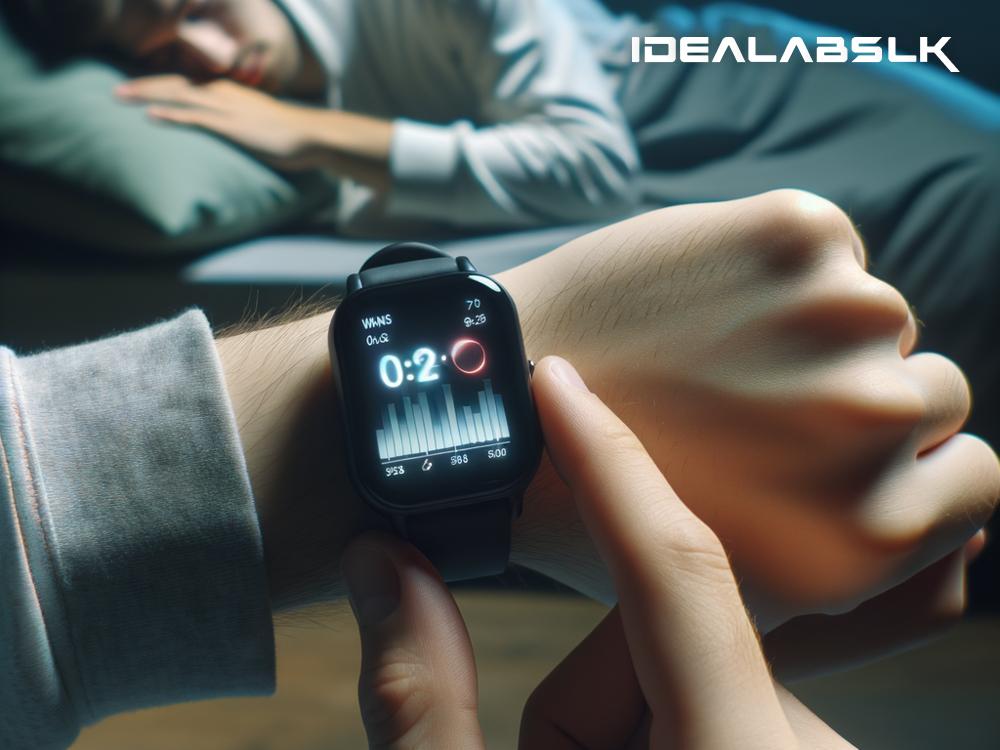In recent years, technology has seeped into virtually all aspects of our lives, not only transforming the way we communicate, work, and unwind but also how we monitor and improve our health. Among these advancements, smart health devices have carved a niche in tackling one of the most common yet overlooked problem areas—a good night's sleep. Sleep disorders, ranging from insomnia to sleep apnea, affect millions worldwide, disrupting daily life and affecting overall health. However, with the advent of smart health technology, people have now found a new ally in their quest for restful sleep. Let's delve into how these intelligent gadgets are revolutionizing sleep habits and enhancing sleep quality.
The Sleep Tech Revolution
Smart health devices dedicated to sleep improvement come in various forms; from wearable gadgets like smartwatches and fitness bands to non-wearable devices such as smart mattresses and pillows. These devices employ advanced technologies like artificial intelligence (AI), machine learning, and biometric monitoring to analyze sleep patterns, providing insights that can help improve sleep quality.
How Smart Devices Help with Sleep Disorders
Tracking and Monitoring
One of the primary ways smart devices aid those with sleep disorders is through detailed tracking and monitoring of sleep patterns. By wearing a smartwatch or fitness band to bed, or by using a smart mattress, individuals can have their sleep cycles analyzed. These devices measure various parameters, including heart rate, breathing rate, movement, and even changes in body temperature, to differentiate between light, deep, and REM (Rapid Eye Movement) sleep stages. This data is crucial in understanding one’s sleep patterns and identifying any irregularities that might indicate a sleep disorder.
Personalized Insights and Recommendations
The data collected by these smart devices is not just for show; it's analyzed to provide personalized insights and actionable recommendations. For instance, if the device notices frequent awakenings at night or prolonged periods of light sleep, it might suggest changes in your sleep environment or bedtime routine. Some devices also offer relaxation techniques or guided breathing exercises to help users fall asleep more easily.
Sleep Apnea Detection
Sleep apnea, a condition where breathing repeatedly stops and starts during sleep, can be particularly dangerous if left undiagnosed. Certain smart health devices are now equipped to detect signs of sleep apnea by monitoring breathing patterns and oxygen levels in the blood. While these gadgets don't replace professional medical diagnosis, they can provide valuable data that might prompt users to seek further medical advice.
Improving Sleep Environment
Smart home technology also plays a significant role in crafting the perfect sleep environment. Smart thermostats can adjust the room temperature to an optimal range to promote better sleep, while smart lighting systems can mimic natural sunlight patterns, aiding in the regulation of the body’s internal clock. Smart speakers can play white noise or calming music, creating a more conducive environment for sleep.
The Future of Sleep Technology
As technology continues to evolve, the future of sleep-related smart devices looks promising. Companies are continuously innovating, creating more sophisticated gadgets that not only track and monitor sleep more accurately but also actively improve sleep quality. From smart pillows that gently vibrate to encourage a change in sleeping position to reduce snoring, to devices that emit subtle sounds that enhance the depth of sleep, the possibilities seem endless. With further advancements in AI and machine learning, these devices could offer even more tailored advice, adjusting in real time to ensure the best possible sleep.
Embracing Technology for Better Sleep
While technology is often blamed for disrupting sleep—think late-night screen time interrupting our natural sleep cycles—it’s also providing solutions to help us rest better. For individuals struggling with sleep disorders, smart health devices offer a beacon of hope, not just for understanding their sleep patterns better but for tangible improvements in their sleep quality. However, it's important to remember that while these gadgets can offer significant benefits, they don't replace professional medical advice for diagnosing and treating sleep disorders.
In essence, as we continue to navigate the complexities of modern life, smart health devices are emerging as valuable tools in our quest for better sleep. By leveraging these technological advancements, we can transform our nights, turning them from periods of restlessness into times of rejuvenating, quality sleep, thus improving our overall health and well-being. So, if sleep has been elusive, it might just be time to consider how smart technology can help you embark on the path to better sleep.

